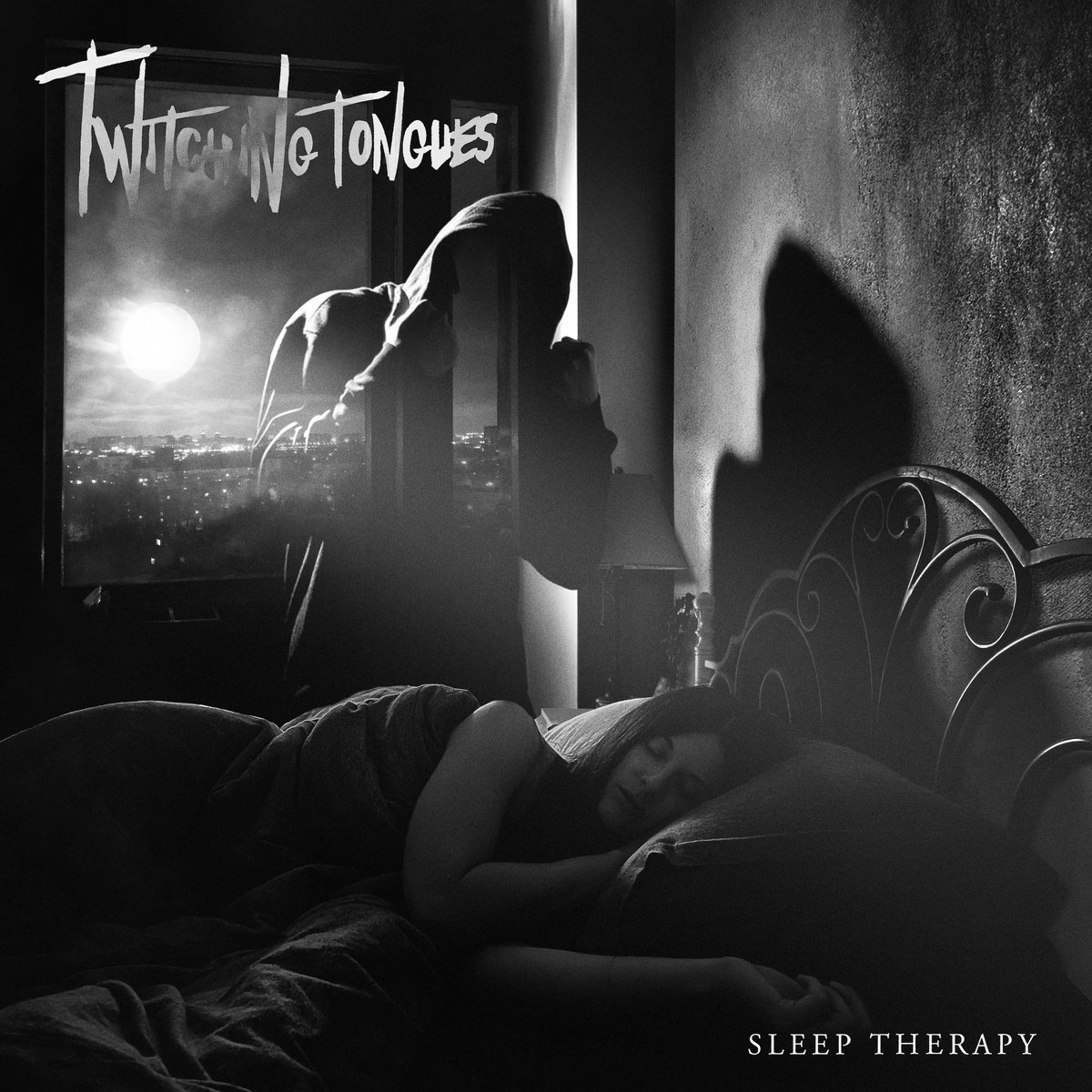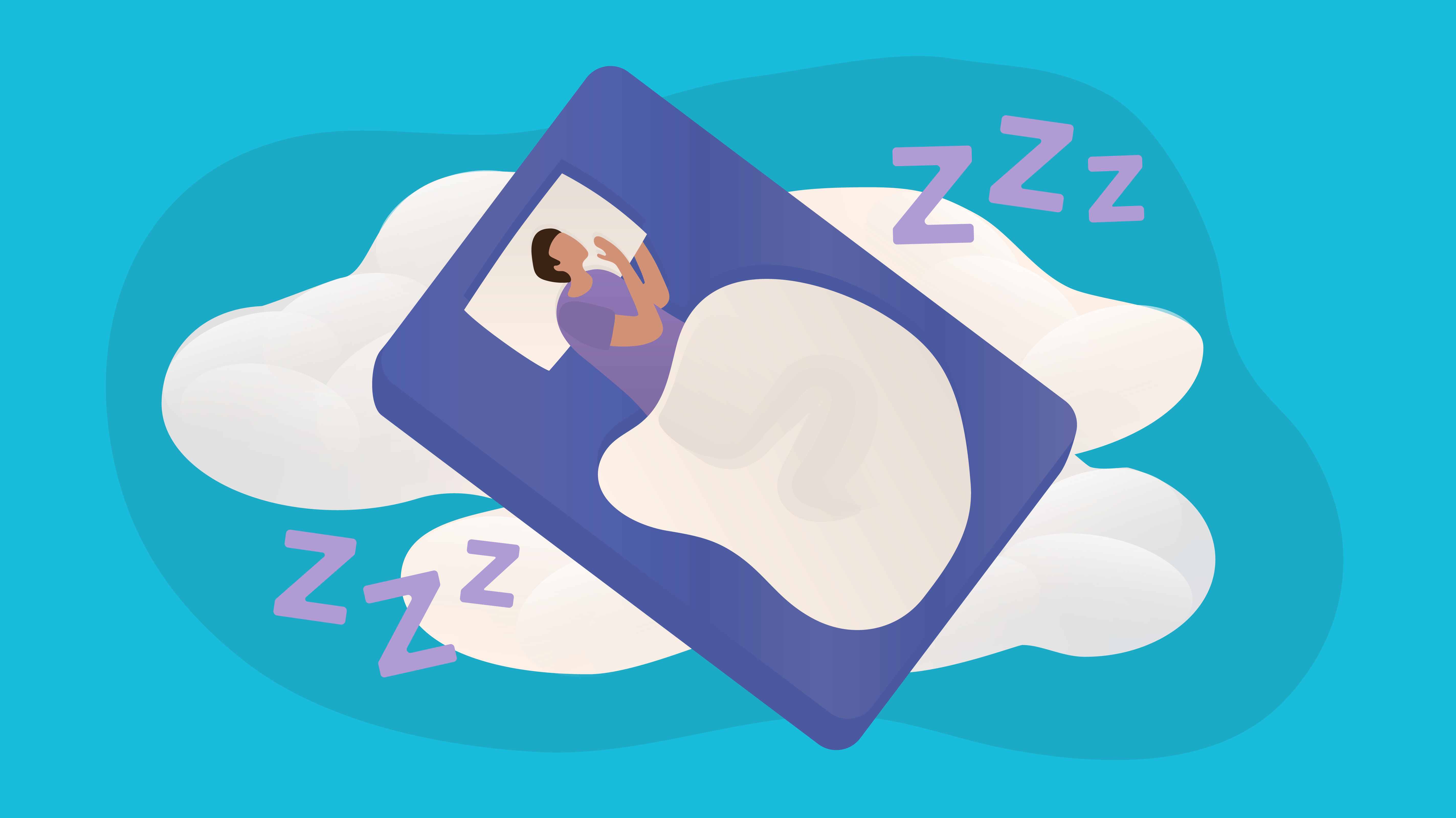Specialist Insomnia Counseling - Get Professional Guidance
Specialist Insomnia Counseling - Get Professional Guidance
Blog Article
Reliable Therapy Solutions for Managing Sleep Disorders and Enhancing Relaxed Rest
In the world of healthcare, the monitoring of sleep problems and the mission for relaxed rest are critical parts of overall wellness. As we browse the complex landscape of rest conditions and look for to improve our rest experience, a much deeper understanding of these therapy options may hold the secret to opening a more refreshing and satisfying restorative journey.
Cognitive Behavioral Treatment for Sleeplessness (CBT-I)
Cognitive Behavior Treatment for Sleep Problems (CBT-I) is an organized, evidence-based therapy approach that concentrates on attending to the underlying variables adding to rest disturbances. This sort of treatment intends to customize behaviors and thoughts that intensify sleep problems, eventually advertising healthy sleep patterns. CBT-I normally involves a number of crucial elements, consisting of cognitive therapy, sleep limitation, stimulation control, and sleep hygiene education and learning.
Cognitive treatment assists individuals determine and change unfavorable idea patterns and ideas about sleep that may be preventing their capability to drop or remain asleep. Sleep limitation involves limiting the quantity of time spent in bed to match the individual's real sleep period, thereby increasing rest effectiveness (sleep disorder treatment). Stimulus control methods help establish a solid organization in between the bed and rest by urging individuals to go to bed just when sleepy and to avoid involving in promoting activities in bed
Moreover, sleep hygiene education focuses on establishing healthy and balanced sleep practices, such as maintaining a regular sleep routine, creating a relaxing bedtime regimen, and enhancing the rest setting. By dealing with these elements adequately, CBT-I uses an effective non-pharmacological treatment for managing sleeplessness and improving general rest top quality.
Rest Hygiene Practices
Having actually established the foundation of cognitive restructuring and behavior adjustments in attending to sleep problems with Cognitive Behavioral Treatment for Insomnia (CBT-I), the focus currently shifts in the direction of exploring essential Sleep Health Practices for keeping ideal sleep top quality and total wellness.
Rest health techniques incorporate a series of practices and ecological aspects that can considerably influence one's capacity to drop off to sleep and remain asleep throughout the night. Regular rest and wake times, developing a relaxing bedtime regimen, and maximizing the rest environment by keeping it dark, silent, and cool are vital elements of great rest health. Restricting exposure to displays prior to going to bed, preventing energizers like caffeine near to going to bed, and involving in normal physical task during the day can additionally promote better rest quality.
Moreover, practicing leisure techniques such as deep breathing exercises or meditation prior to bed can aid calm the mind and prepare the body for rest. By integrating these rest hygiene techniques into one's daily regimen, people can develop a healthy and balanced sleep pattern that supports peaceful rest and general wellness.
Relaxation Techniques and Mindfulness
Carrying out leisure strategies and mindfulness methods can play a critical duty in promoting a feeling of tranquility and promoting high quality sleep. Furthermore, assisted images can aid transfer individuals to a peaceful area in their minds, aiding in tension reduction and improving rest top quality.
By incorporating these practices into a bedtime regimen, people can signal to their bodies that it is time to prepare and relax for rest. Generally, integrating relaxation strategies and mindfulness techniques can dramatically add to managing sleep disorders and improving general rest top quality.

Medication Options for Sleep Disorders
After exploring relaxation techniques and mindfulness practices as non-pharmacological interventions for improving sleep high quality, it is essential to take into consideration medicine options for individuals with rest conditions. In situations where way of life modifications and therapy do not supply adequate alleviation, medication can be a valuable tool in taking care of rest disruptions.
Frequently prescribed medicines for rest disorders include benzodiazepines, non-benzodiazepine hypnotics, antidepressants, and melatonin receptor agonists. Benzodiazepines, such as diazepam, are sedatives that can help cause rest, however they are normally recommended for short-term usage as a result of the risk of reliance. Non-benzodiazepine hypnotics like zolpidem are also made use of to treat sleep problems and have a lower danger of dependence compared to benzodiazepines. Antidepressants, such as trazodone, can be helpful for people with co-occurring depression and sleep disruptions. Melatonin receptor agonists, like ramelteon, target the body's all-natural sleep-wake cycle and can be useful for controling rest patterns.
It is crucial for individuals to seek advice from a doctor to figure out one of the most ideal medicine choice based upon their details sleep disorder and clinical history.
Light Treatment for Body Clock Law
Light treatment, likewise recognized as phototherapy, is a non-invasive therapy method used to manage body clocks and improve sleep-wake cycles. This treatment includes exposure to bright light that mimics all-natural sunlight, which helps to reset the body's biological rhythm. By exposing people to particular wavelengths of light, generally in the early morning or evening depending on the wanted impact, light treatment can successfully change the circadian rhythm to advertise wakefulness throughout the day and enhance relaxed rest at evening.
Research has actually shown that light therapy can be specifically advantageous for individuals with circadian rhythm problems, such as delayed sleep phase syndrome or jet lag. It can also be handy for those experiencing seasonal affective condition (SAD), a kind of clinical depression that normally takes place throughout the wintertime months when all-natural light exposure is lowered. Light treatment is generally well-tolerated and their website can be made use of combined with various other treatment techniques for rest conditions to optimize end results and improve overall sleep top quality.
Verdict
In verdict, efficient therapy options for taking care of rest disorders and enhancing restful rest consist discover this info here of Cognitive Behavioral Therapy for Sleeping Disorders (CBT-I), rest hygiene practices, leisure techniques and mindfulness, medicine alternatives, and light treatment for body clock regulation. These methods can aid people boost their rest high quality and overall wellness. It is vital to seek advice from with a doctor to determine one of the most suitable strategy for dealing with rest concerns.
As we browse the elaborate landscape of sleep conditions and seek to boost our sleep experience, a much deeper understanding of these therapy solutions might hold the key to opening a much more relaxing and meeting restorative journey.
Rest constraint involves restricting the quantity of time spent in bed to match the person's actual sleep duration, thus raising rest performance. Regular sleep and wake times, developing a relaxing bedtime regimen, and enhancing the sleep environment by maintaining it dark, peaceful, and cool are crucial components of excellent sleep hygiene. Light therapy is normally well-tolerated and can be used in conjunction with various other therapy approaches for sleep disorders to enhance results and enhance general sleep top quality.

Report this page